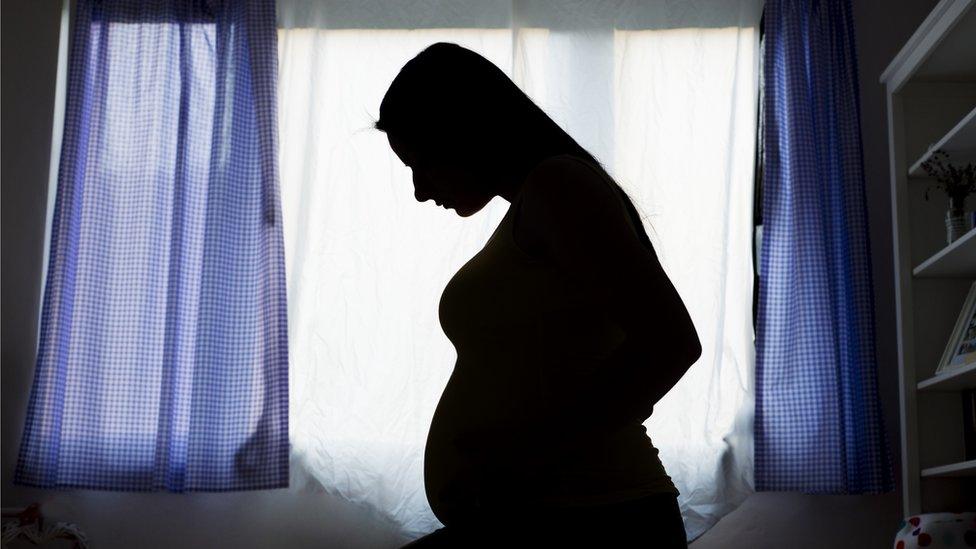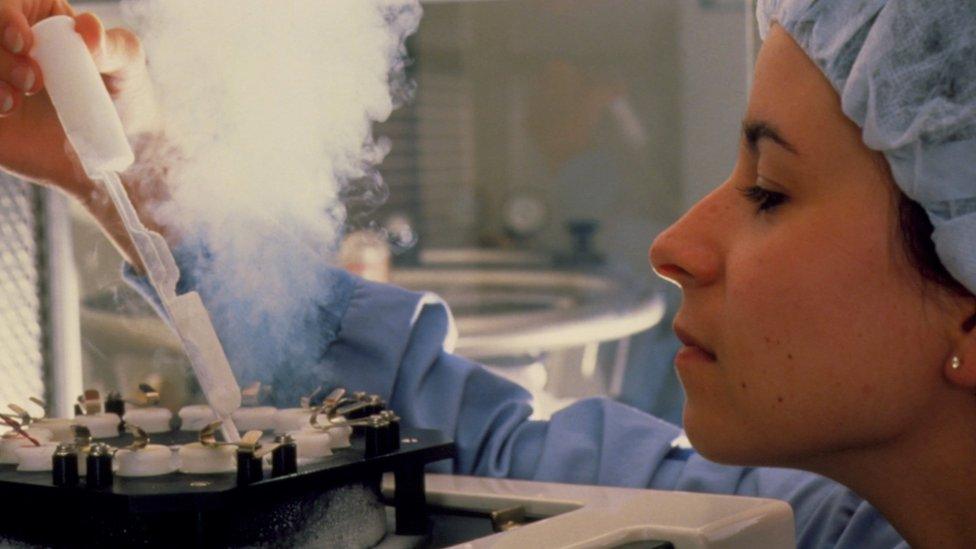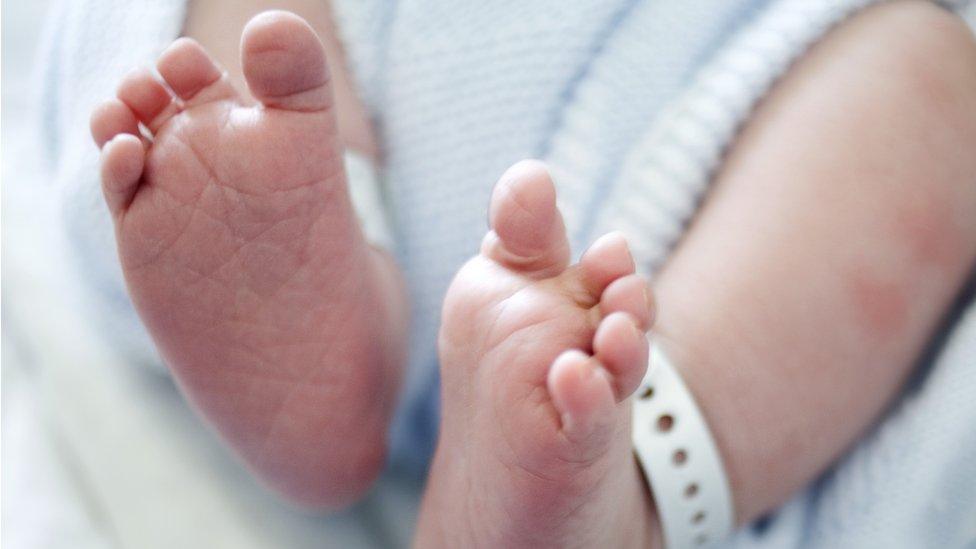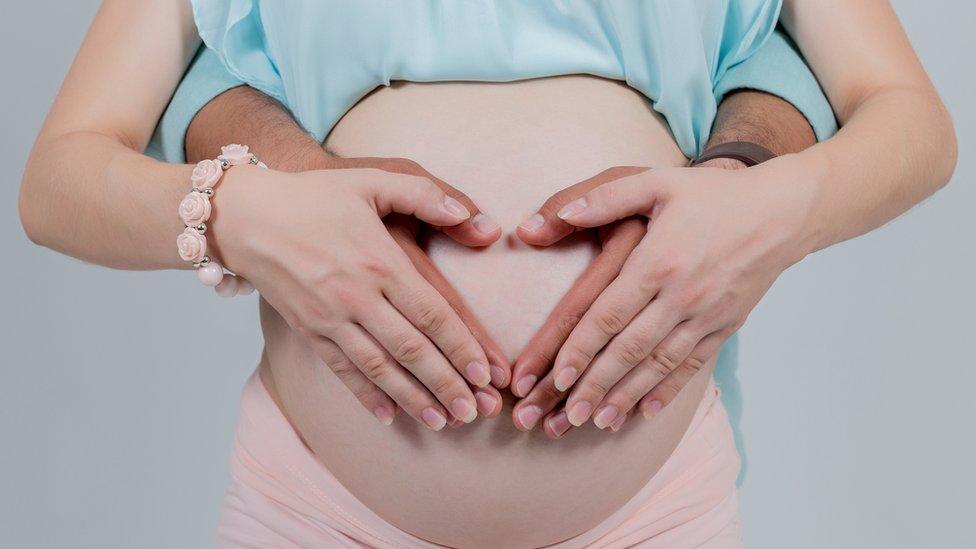Women graduates 'desperately' freeze eggs over 'lack of men'
- Published

Professional women are freezing their eggs due to a "dearth of educated men to marry", a US study has claimed.
Yale University researchers suggested an "oversupply" of graduate women left them struggling to find a partner and "desperate" to preserve fertility.
They said the "man deficit" was worse in countries where more women were going to university, as in the UK.
The researchers interviewed 150 women who had frozen eggs, of whom 90% said they could not find a suitable partner.
Author Prof Marcia Inhorn said the research challenged perceptions that women put off having a baby so they could prioritise their job.
"Extensive media coverage suggests that educational and career ambitions are the main determinants of professional women's fertility postponement, especially as they 'lean in' to their careers," she said.
"Rather, they were desperately preserving their fertility beyond the natural end of their reproductive lives, because they were single without partners to marry."
'Buying time'
Speaking at the European Society of Human Reproduction and Embryology conference in Geneva, Switzerland, Prof Inhorn thought there were "not enough graduates for them".
In the majority of cases the women, who were treated at eight IVF clinics in the US and Israel and interviewed between June 2014 to August 2016, said they could not find an educated man who was willing to commit to family life.
"Women lamented the 'missing men' in their lives, viewing egg freezing as a way to buy time while on the continuing - online - search for a committed partner," Prof Inhorn said.
'Painful process'
Prof Adam Balen, president of the British Fertility Society, said that he had noticed a "big shift" in UK society, with many university-educated women delaying starting a family.
"In my clinic I certainly see more older women seeking fertility treatment than in the past," he said.
The research comes amid a sex imbalance at British universities. In the academic year 2015-2016, 56% of UK students were women and 44% men, according to the Higher Education Statistics Agency.
Prof Balen warned that freezing eggs can be a painful and costly process.
"Freezing eggs for a future pregnancy is not a decision to be taken lightly," he said.
"The technology in egg freezing has improved a great deal but it is still no guarantee of a baby later in life.
"Women choosing to 'bank' eggs until they are ready to start a family have to go through painful procedures and what can be a difficult regime of medications - this is not without potential risks to the woman undertaking the procedure."

In the UK, the number of women storing their eggs has increased substantially despite success rates remaining low.
In 2014, 816 women froze some eggs for in vitro fertilisation (IVF) later, up 25% on 2013, according to the latest figures, external from the Human Fertilisation and Embryology Authority (HFEA), which regulates the industry.
Eggs are more fragile than embryos, and less likely to survive the freeze-thaw process. The pregnancy rate for transferring frozen embryos was 21.9% in 2013, and 22.2% in 2014.
The law allows for eggs to be frozen for up to 10 years, and in some circumstances up to 55 years.
Egg-freezing can cost several thousand pounds, with added costs for storing the eggs, while one cycle of IVF treatment may cost up to £5,000 or more.
- Published28 November 2016

- Published3 July 2017

- Published4 November 2013
